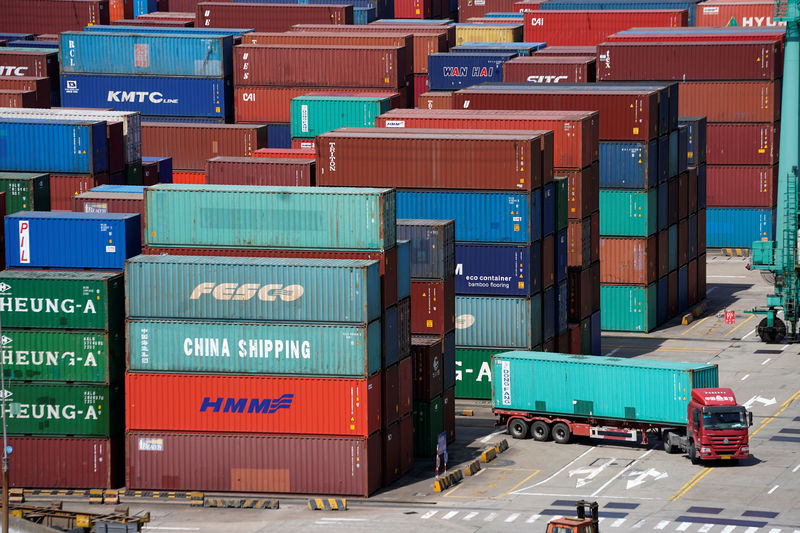Who is Kevin Hassett? Wolfe looks at the Trump ally tipped to become Fed Chair.
By Bruno Federowski and Mateus Maia
BRASILIA (Reuters) - Brazil's trade surplus shrank more than expected in May, weighed down by nationwide truckers strikes that blocked key highways in Latin America's largest economy.
The trade surplus fell 22 percent from the year before to $5.981 billion, data from the trade ministry showed, lagging behind a median estimate of $7.5 billion in a Reuters survey of economists. <BRTBAL=ECI>
The results highlight how widespread protests against rising fuel prices that began on May 21 are affecting Brazil's economic recovery.
Exports averaged $1.063 billion a day in the first three weeks of the month, before the strikes kicked off, but that fell 36 percent to $678 million in the last two weeks of May. Meanwhile, average daily imports fell 26 percent to $516 million in the same time period.
"Business does not get done if there's no way to ship merchandise," Herlon Brandão, head of export statistics for Brazil's trade ministry, told reporters in a news conference.
Yet that impact was not big enough to drive policymakers to revise their forecast for 2018, which sees a trade surplus of around $50 billion, he added.
Losses were widespread, with exports of manufactured goods leading declines with a 46 percent drop. In comparison, semi-manufactured good exports fell 37 percent and basic material exports decreased 31 percent.
Exports of products such as oil and iron ore are typically moved by ships or railways, which shielded them against the effects of the truckers' strike, Brandão said.
Soybean and meat exports were sturdy, mostly due to stockpiles in ports, though they could still suffer in the short-term.
